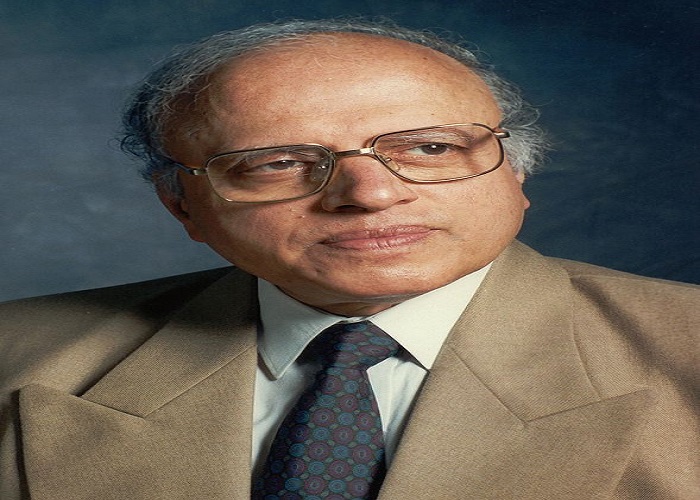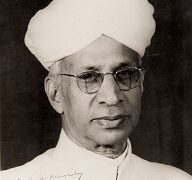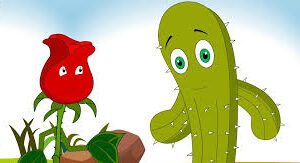Mankombu Sambasivan Swaminathan (7 August 1925 – 28 September 2023) was an Indian agronomist, agricultural scientist, plant geneticist, administrator, and humanitarian. Renowned as a global leader of the green revolution, Swaminathan is widely acknowledged as the primary architect of India’s green revolution, credited for his leadership and pivotal role in the introduction and advancement of high-yielding varieties of wheat and rice. Collaborating closely with Norman Borlaug, Swaminathan spearheaded a massive movement involving farmers and scientists, supported by public policies, which averted famine-like conditions in India and Pakistan during the 1960s.
As Director General of the International Rice Research Institute (IRRI) in the Philippines, Swaminathan played a crucial role in earning him the inaugural World Food Prize in 1987, a prestigious recognition in the field of agriculture. He was also honored with the title “the Father of Economic Ecology” by the United Nations Environment Programme. In 2024, he was posthumously conferred with the Bharat Ratna, India’s highest civilian award.
Swaminathan made significant contributions to basic research in areas such as cytogenetics, ionizing radiation, and radiosensitivity, particularly focusing on potato, wheat, and rice. He served as president of the Pugwash Conferences and the International Union for Conservation of Nature. Recognized as one of the 20 most influential Asian figures of the 20th century by Time magazine in 1999, alongside Gandhi and Tagore, Swaminathan received numerous accolades, including the Shanti Swarup Bhatnagar Award, the Ramon Magsaysay Award, and the Albert Einstein World Science Award.
In 2004, Swaminathan chaired the National Commission on Farmers, which proposed comprehensive measures to enhance India’s farming system. He established a research foundation bearing his name and coined the term “Evergreen Revolution” in 1990 to articulate his vision of sustainable productivity without ecological harm. Additionally, he served a term in the Parliament of India from 2007 to 2013, during which he advocated for the recognition of women farmers through legislative initiatives.









